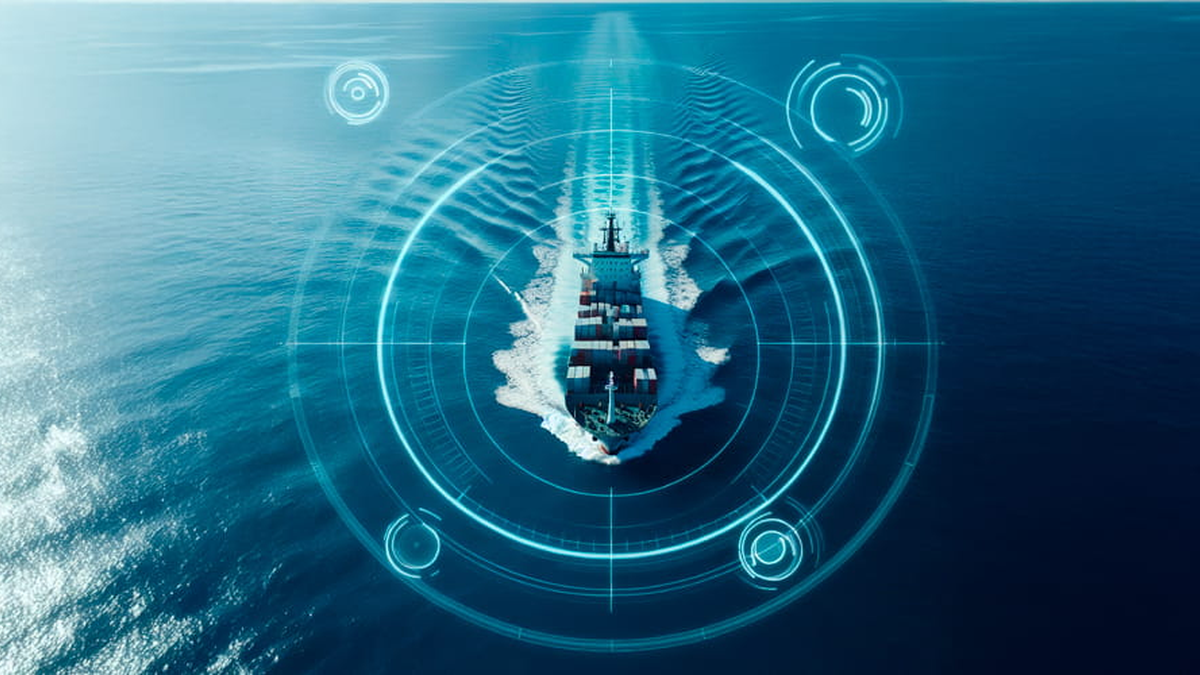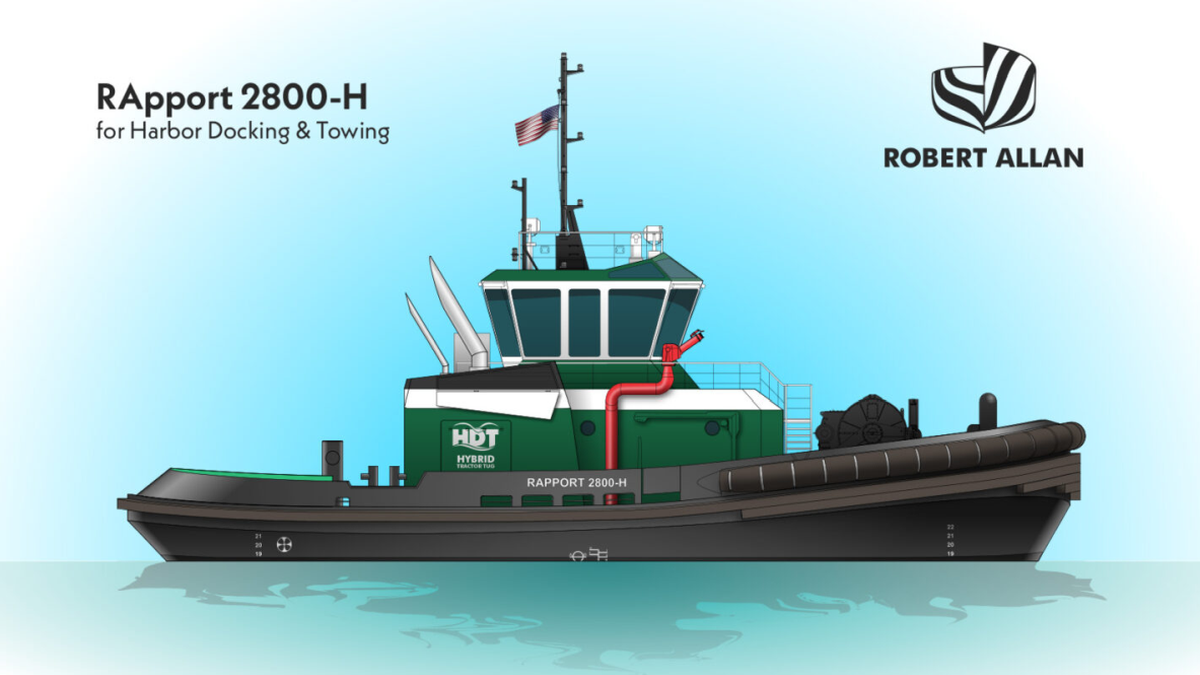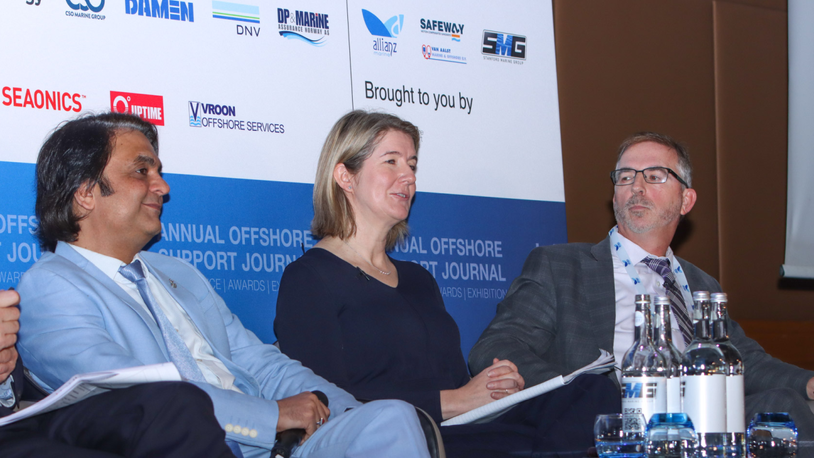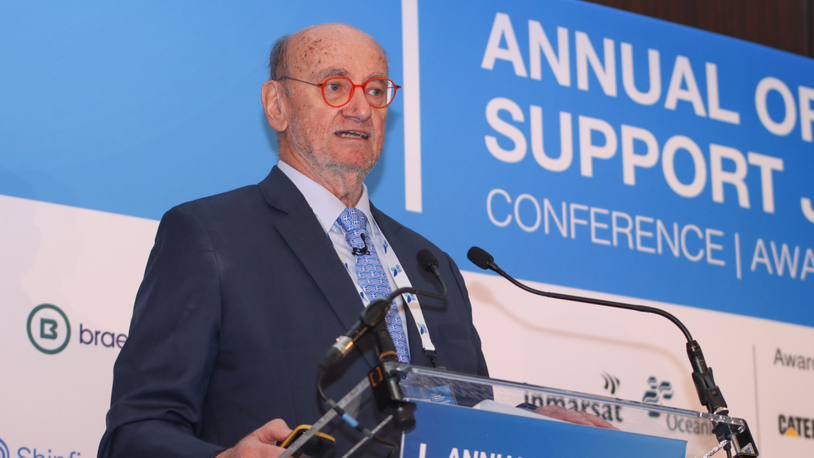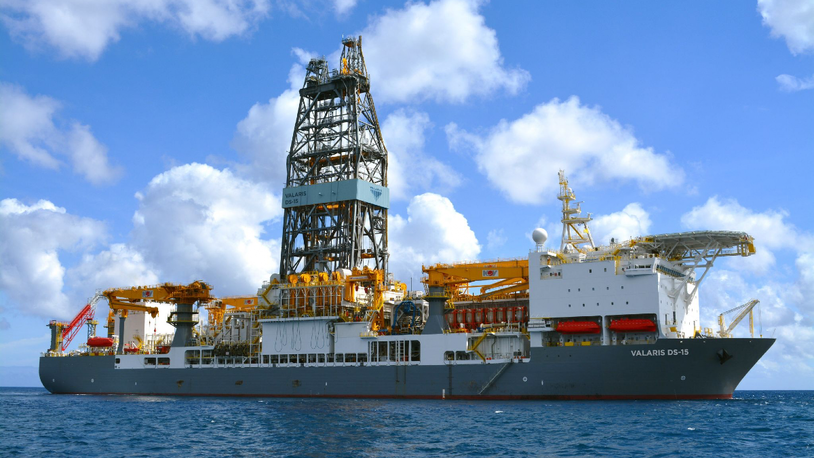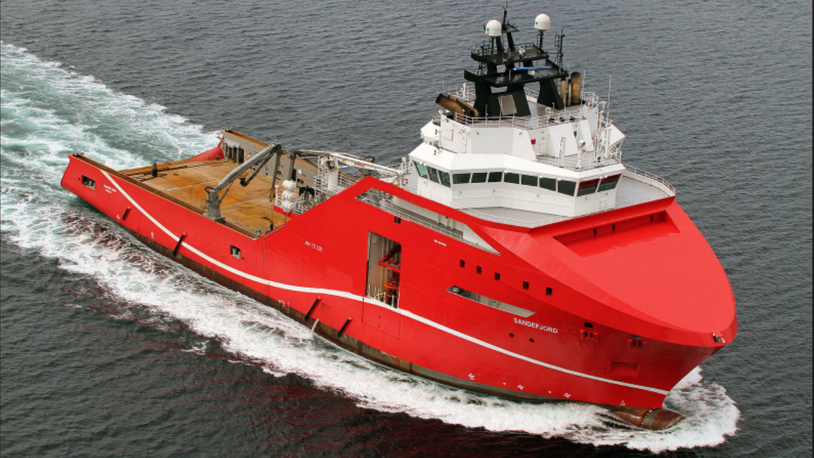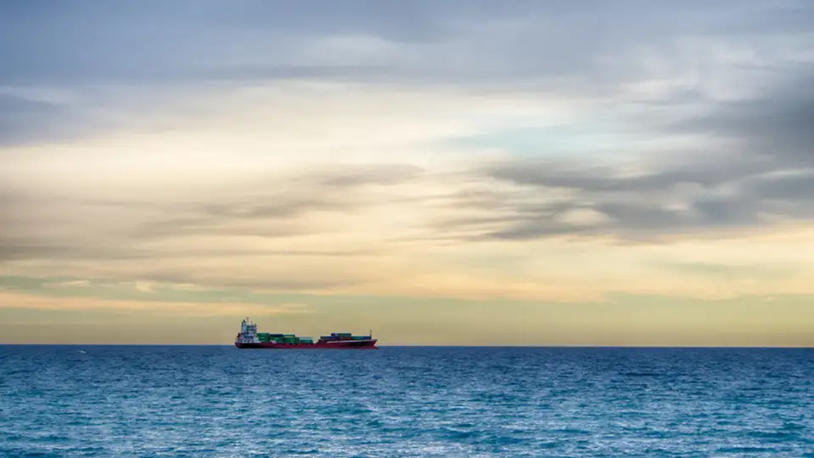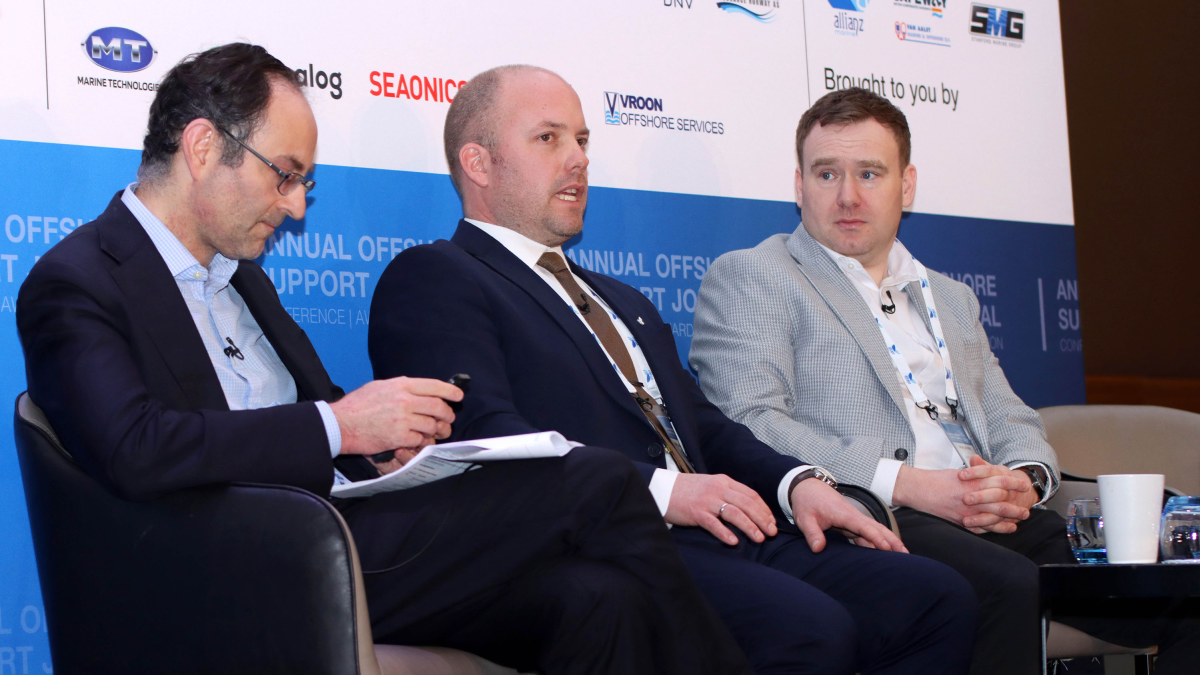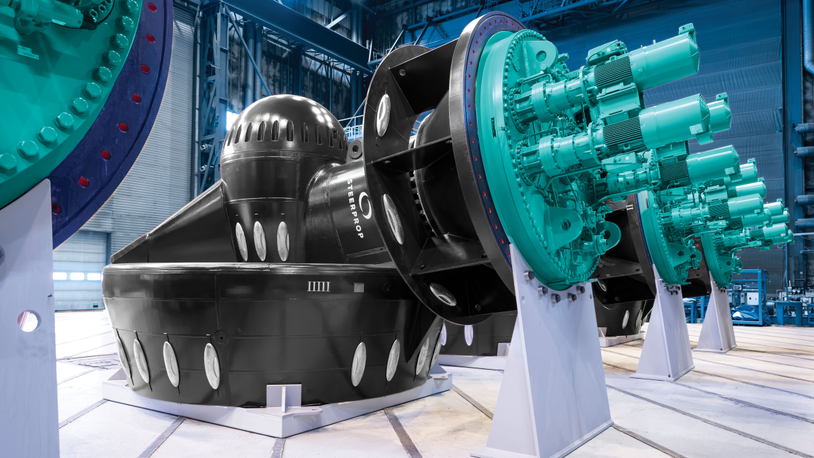Business Sectors
Events
Floating energy: successfully unlocking stranded gas using FLNGs and FSRUs
Contents
Register to read more articles.
AD Ports rolls out LEO connectivity across fleet
An Abu Dhabi-headquartered ports and vessel owning group has commenced installing low Earth orbit (LEO) hardware across its global fleet and terminals
Abu Dhabi’s AD Ports Group has started deploying hardware for communications with low Earth orbit (LEO) satellites across its global fleet and terminal operations.
It anticipates LEO satellite services will deliver real-time data, resilient and always-on connectivity and smarter operations across ports and vessels, with expectations for generating new efficiencies and fuel savings.
Installations started in September 2025 after AD Ports signed agreements with two global LEO satellite service providers.
Although these were unnamed, the only three LEO constellations with global reach currently operating are SpaceX’s Starlink, Iridium and Eutelsat OneWeb, with others still in development.
“LEO satellite connectivity serves as the digital backbone that unlocks the full potential of our technology ecosystem,” said AD Ports group chief information officer Mohamed Jamal-Eddine.
“With high-speed, low-latency communications, we can deploy advanced AI applications for predictive maintenance, dynamic route optimisation and automated cargo tracking in real-time.”
This LEO deployment is being phased over the coming months across the group’s fleet of 270 vessels that include container ships with more than 140,000 TEU combined capacity, plus dry bulk carriers, tankers, roro ships and transshipment services.
AD Ports’ maritime and shipping cluster is led by Noatum Maritime and also includes more than 100 offshore support vessels, including multipurpose, platform supply and diving support vessels and anchor handling tugs and crew boats.
Noatum also operates a fleet of harbour and terminal tugboats and provides open-sea towage, vessel pilotage, oil spill response and bunkering services.
“This is not just about faster connectivity; it’s about creating a smart, resilient infrastructure that maintains business continuity even in the most remote areas,” said Mr Jamal-Eddine.
“By integrating this connectivity with our sensors, smart port platforms and data analytics, we are building a truly connected supply chain. LEO services offer high-speed, low-latency communications that allow real-time vessel tracking, predictive maintenance and dynamic route optimisation.”
Mr Jamal-Eddine anticipates LEO communications will be the backbone to enable AD Ports to use artificial intelligence (AI) at sea for smarter voyage planning, fuel optimisation, and safety monitoring, “unlocking efficiencies that were previously limited by connectivity constraints.”
Ports and terminals
At the port level, the rollout extends to AD Ports’ network of 34 terminals across Europe, Africa, the Middle East, Central and southwest Asia.
This should facilitate uninterrupted communications and business continuity, particularly in remote locations and during critical operations.
LEO services should also strengthen cargo monitoring, emergency response co-ordination, and overall service reliability.
This initiative is part of AD Ports’ broader digitalisation programme, which involves smart-port platforms, integrated supply-chain systems and the implementation of internet-of-things technologies.
AD Ports said using LEO satellite connectivity as the digital foundation, “these platforms will now provide more detailed, real-time insights and increased automation across our global operations.”
Join the leading experts in the Middle East offshore oil and gas market at Offshore Support Journal Conference, Middle East, 9-10 December 2025. Find out more about the programme and register your interest here.
Related to this Story
Events
Maritime Regulations Webinar Week
Floating energy: successfully unlocking stranded gas using FLNGs and FSRUs
© 2024 Riviera Maritime Media Ltd.


